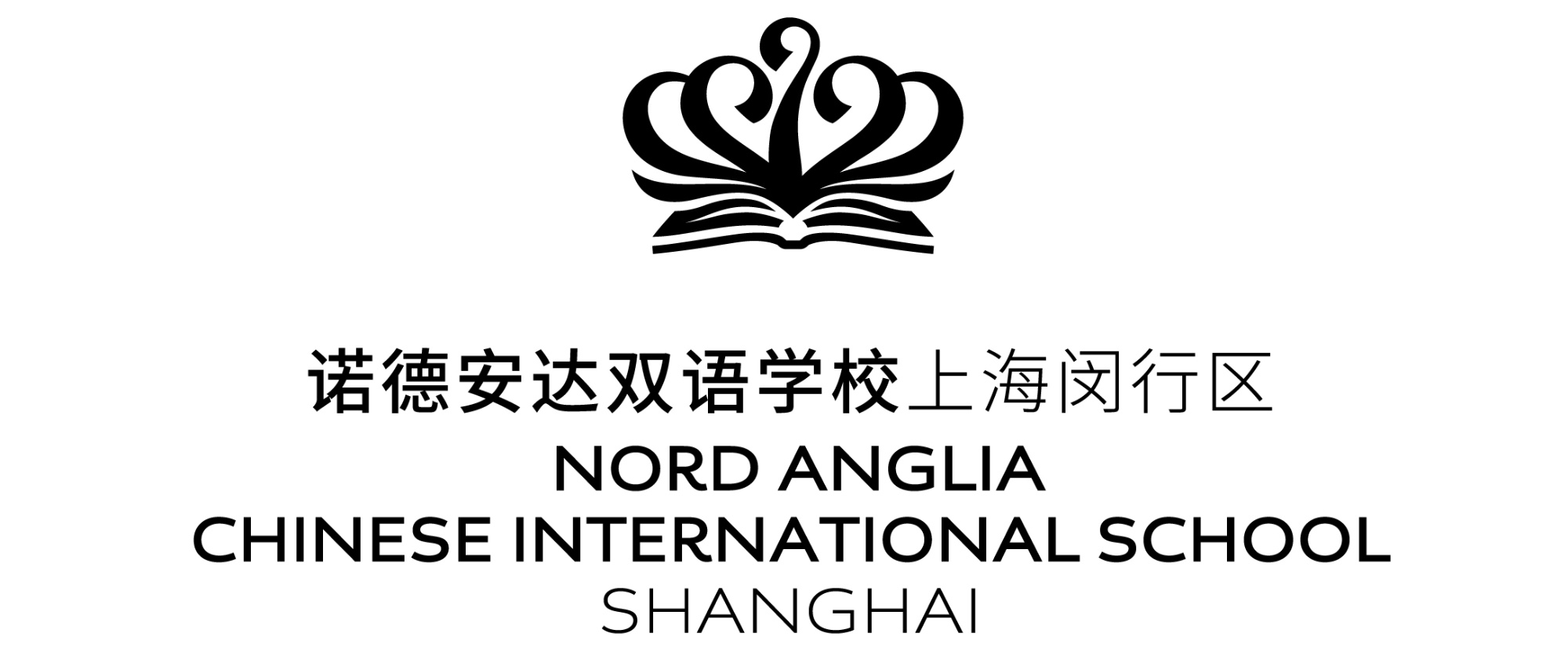Helping your child invent the future
Succeeding in the 21st century means learning how to think, not what to think. Nord Anglia Education’s collaboration with Massachusetts Institute of Technology (MIT) is designed to prepare students for our rapidly evolving world, equipping them with the skills and techniques to thrive. Through hands-on, interdisciplinary learning of STEAM subjects (Science, Technology, Engineering, Art and Maths), your child will develop the transferrable skills needed to invent the future they will ultimately inherit.
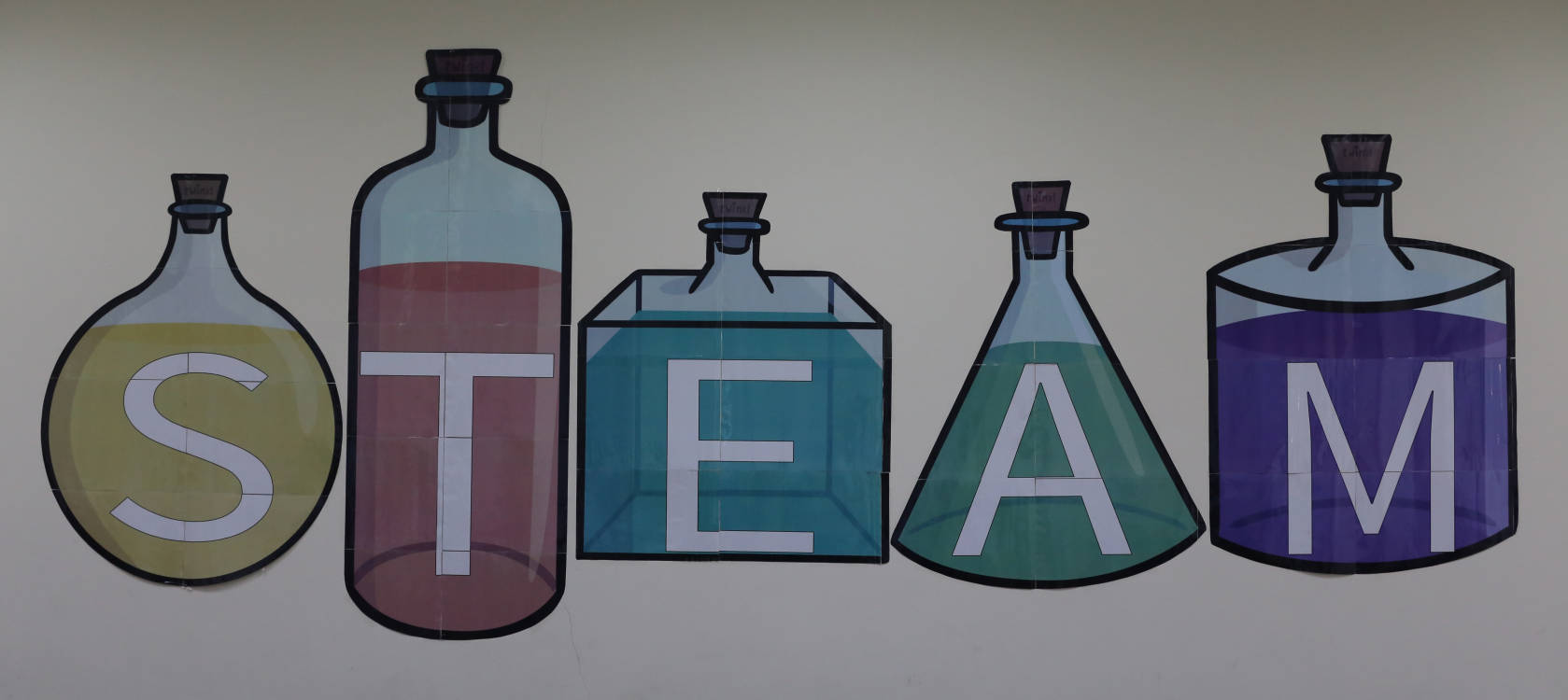
Why STEAM?
STEAM brings together science, technology, engineering, art and maths based on the belief that innovation is often found where different subjects intersect. By learning these subjects at the same time, students consider a wider range of perspectives when solving a particular problem. Whereas traditional learning develops fact-based knowledge around individual subjects, our STEAM programme develops the skills needed to thrive in our dynamic world – flexibility, critical thinking, creativity and communication. A strong body of evidence also suggests that STEAM has a beneficial impact on learning across the board precisely because it helps develop transferrable skills. STEAM learning fuels innovation and creativity, and improves collaboration.
Inspiring interdisciplinary thinking through MIT
Our STEAM programme is guided by MIT’s core philosophy of ‘Mind and Hand,’ a hands-on approach to learning across subjects aimed at developing vital transferrable skills through experimentation, trial and error, and creativity. As a world leader in innovation, MIT’s current research and education includes digital learning, nanotechnology, sustainable energy, the environment, climate adaptation and global food and water security. This cross functional approach to STEAM exemplifies how we can prepare students to thrive in the real world. It works on the premise that the world is complex and messy, and problems cannot be solved through knowledge of a single subject alone. Challenges are multifaceted and the thinking needed to find a solution must be equally dynamic.
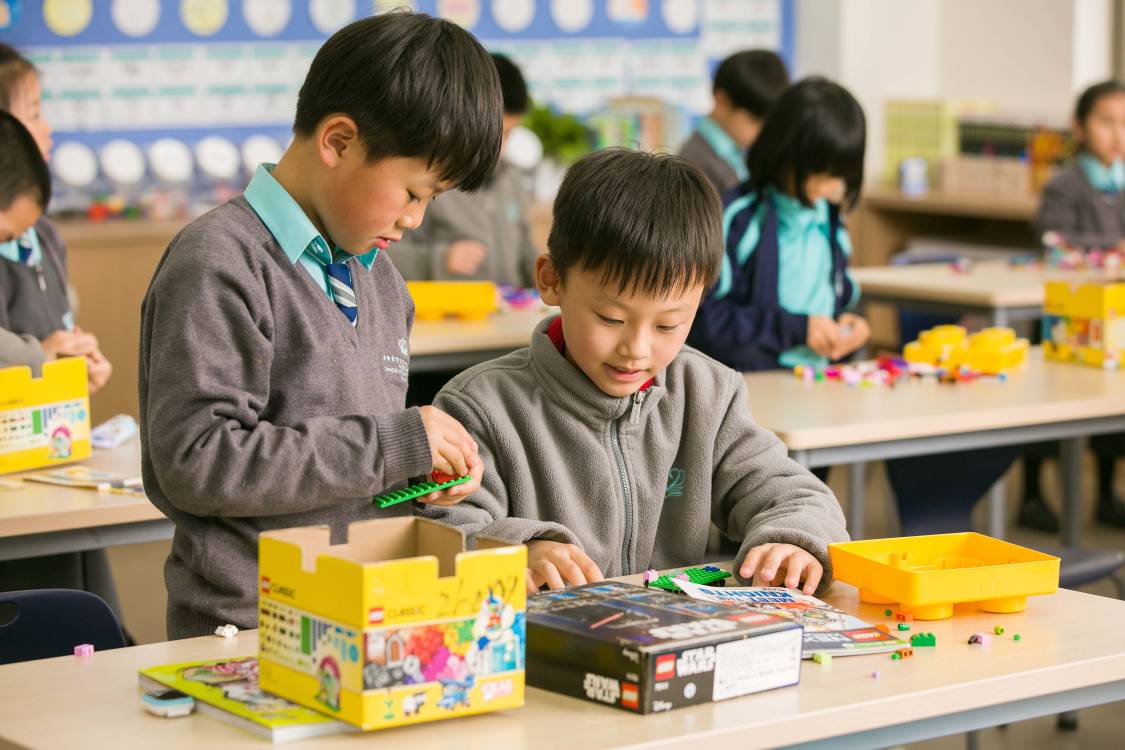
Programme overview
The MIT Nord Anglia STEAM Programme enables students to experience a university inspired approach to learning STEAM subjects. At NACIS, students will learn from MIT researchers, scientists and experts at the forefront of these fields, as well as taking a hands-on approach to problem solving.
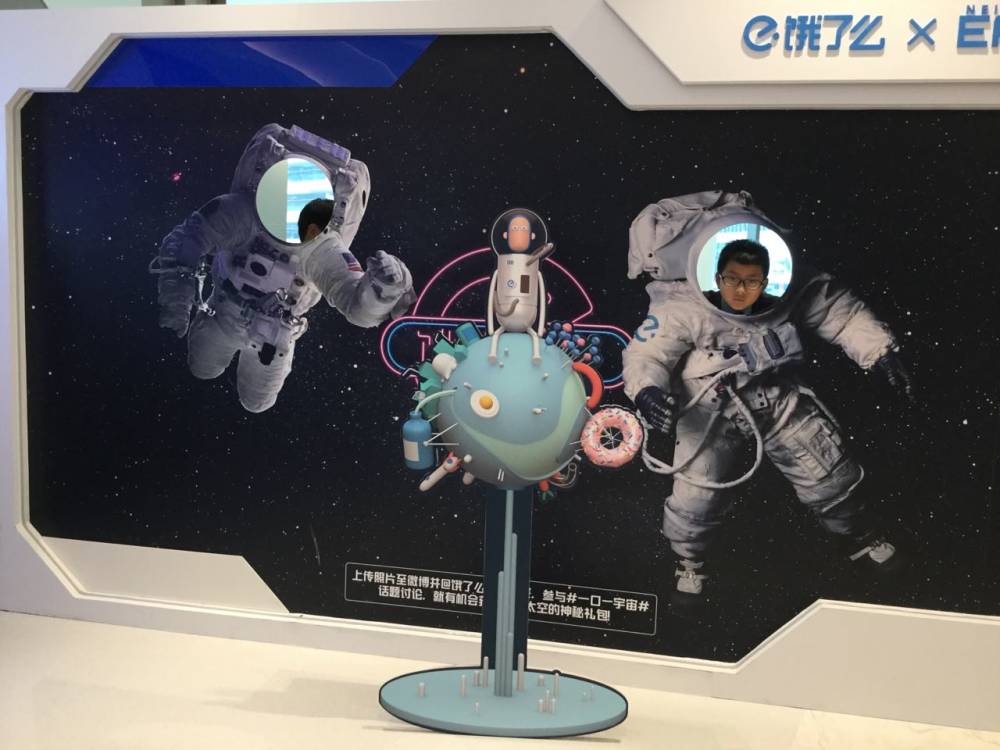
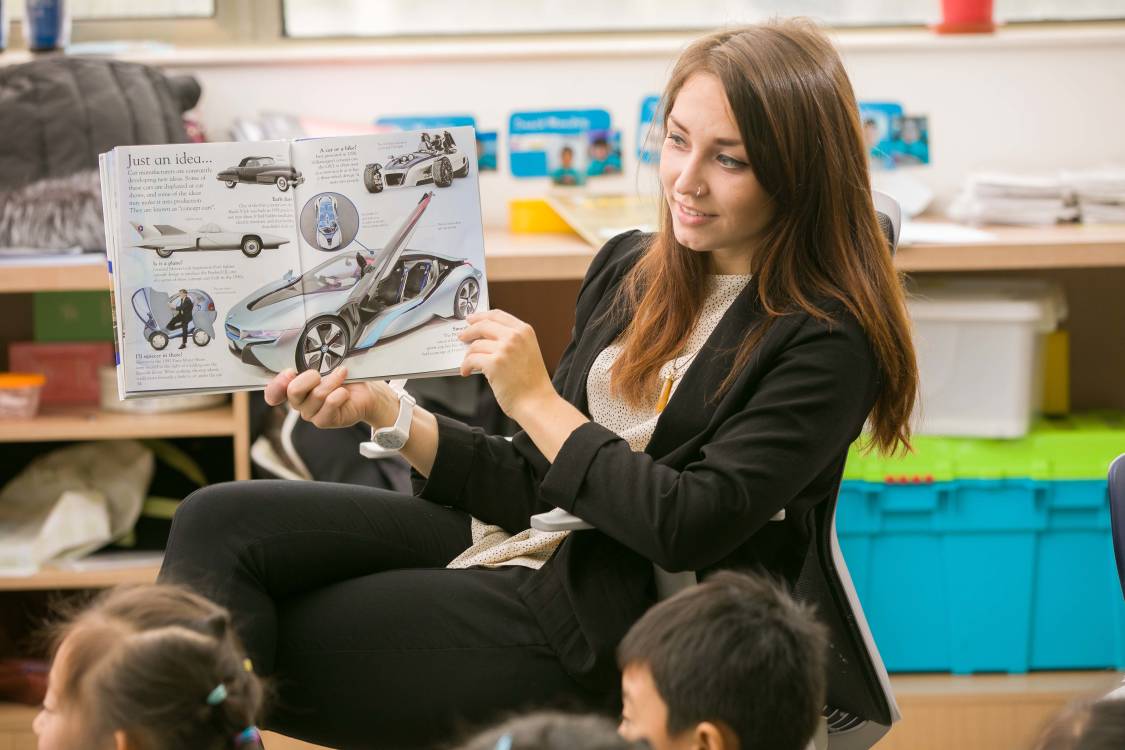
1. In school
STEAM Challenges - Each year, MIT faculty will set three real world, open ended tasks for students. These challenges require our students to work in teams to solve issues using ideas which cross disciplines. Designed to test students’ problem solving capabilities, refine transferrable skills, develop interdisciplinary approaches, and encourage thinking outside of the box, these series of challenges will be interconnected and span the academic year. The challenges will vary from year to year, focusing on themes such as space, nanotechnology, building future cities and genetic engineering. Students will need to find solutions for these challenges with a sense of global mindedness and community awareness in the spirit of MIT’s mission.
2. NAE STEAM week @ MIT
Every spring, selected students will have the opportunity to explore MIT and immerse themselves in its culture of hands on problem solving. Our students will interact with leading MIT professors and researchers in activities that expose them to the leading edge of scientific exploration. A series of engaging workshops such as coding, robotics, bioengineering and nanotechnology will guide your child’s imagination and help them solidify complex ideas. Campus tours of Harvard University and MIT will also inspire students with a taste of college life in the United States. The weeklong event will be sure to motivate young learners in the world of scientific inquiry. NACIS students will be visiting MIT in April 2018.
3. Specialized teaching
Our STEAM teachers are passionate about the subjects they teach. They will guide your child’s learning experience through science, technology, engineering, art and maths, encouraging students to holistically combine concepts and techniques from each. In addition to spearheading STEAM learning in schools, these teachers receive ongoing professional development from leading MIT experts to ensure that your child benefits from the most current knowledge of the latest developments in these fields. This unique training opportunity includes a range of workshops, from learning about nuclear energy with plasma physics researchers, to an examination of aeronautics and astronautics. Throughout the year, MIT researchers will advise STEAM teachers to keep them up to date with latest developments and help them to evaluate the STEAM challenges and three of our teachers are visiting MIT this June to have professional development training in this area of teaching and learning.
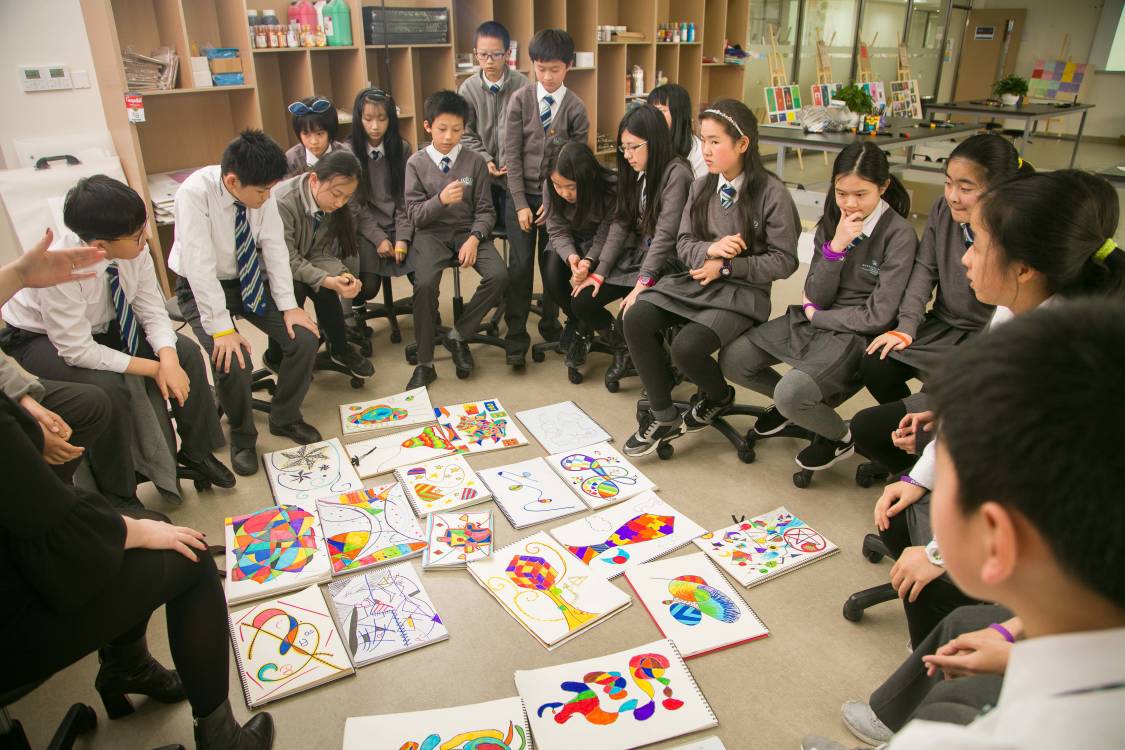
Developing skills today, so that your child can succeed tomorrow
65 percent of students starting school today will work in a job that doesn’t yet exist. We are dedicated to equipping our students with the skills required for them to flourish in the classroom today and the workplace of the future. Working closely with MIT, we have developed the STEAM curriculum to focus and nurture the key skills that they will require for success. We call these our learner ambitions.
See listing for Nord Anglia Chinese International School Shanghai.
